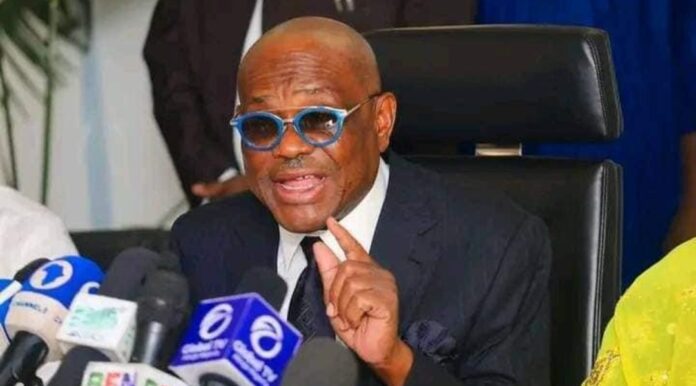By: Daure David
In a significant political development, Aliyu Audu has resigned from his position as Senior Special Assistant to President Bola Tinubu on Public Affairs. In his resignation letter dated June 8, 2025, Audu expressed deep concerns over the erosion of democratic values within the administration, attributing this decline to what he termed an “unholy alliance” between President Tinubu and the Minister of the Federal Capital Territory, Nyesom Wike.
Audu’s resignation, which was submitted through the Chief of Staff to the President, Femi Gbajabiamila, has sent ripples through Nigeria’s political landscape. While the full contents of the resignation letter have not been publicly disclosed, sources indicate that Audu cited the growing influence of political defectors and the increasing dominance of the All Progressives Congress (APC) as key factors influencing his decision.
The term “unholy alliance” has been used by various political analysts and figures to describe the unexpected collaboration between President Tinubu and Wike, a former member of the opposition People’s Democratic Party (PDP). Critics argue that this alliance undermines democratic principles and consolidates power within a single party, potentially leading Nigeria towards a one-party state.
Audu’s resignation adds to a growing list of political figures expressing dissent within the APC. Chief Eze Chukwuemeka Eze, an APC chieftain, has previously commented on the alliance, suggesting that it contravenes established political standards and could destabilize the party’s internal dynamics.
The resignation has sparked widespread discussions about the future of Nigeria’s political landscape. Observers are closely monitoring the reactions from both the APC and the PDP, as well as the broader implications for the nation’s democratic institutions.
As the situation develops, political analysts and citizens alike are left to ponder the impact of such alliances on the health of Nigeria’s democracy







